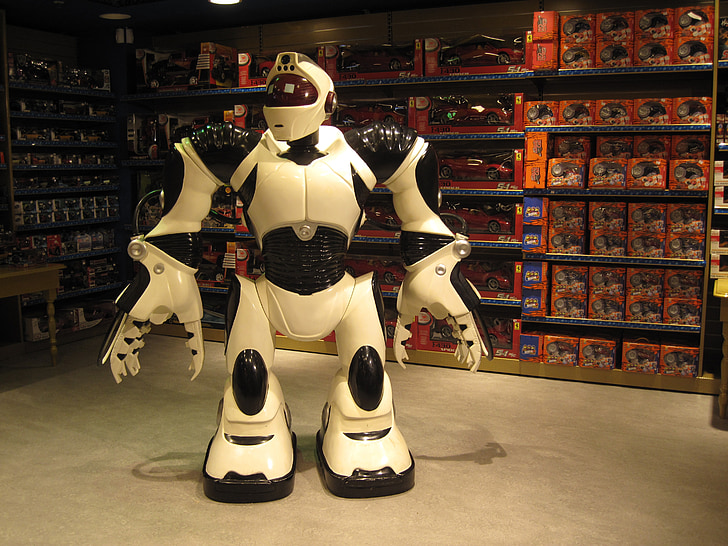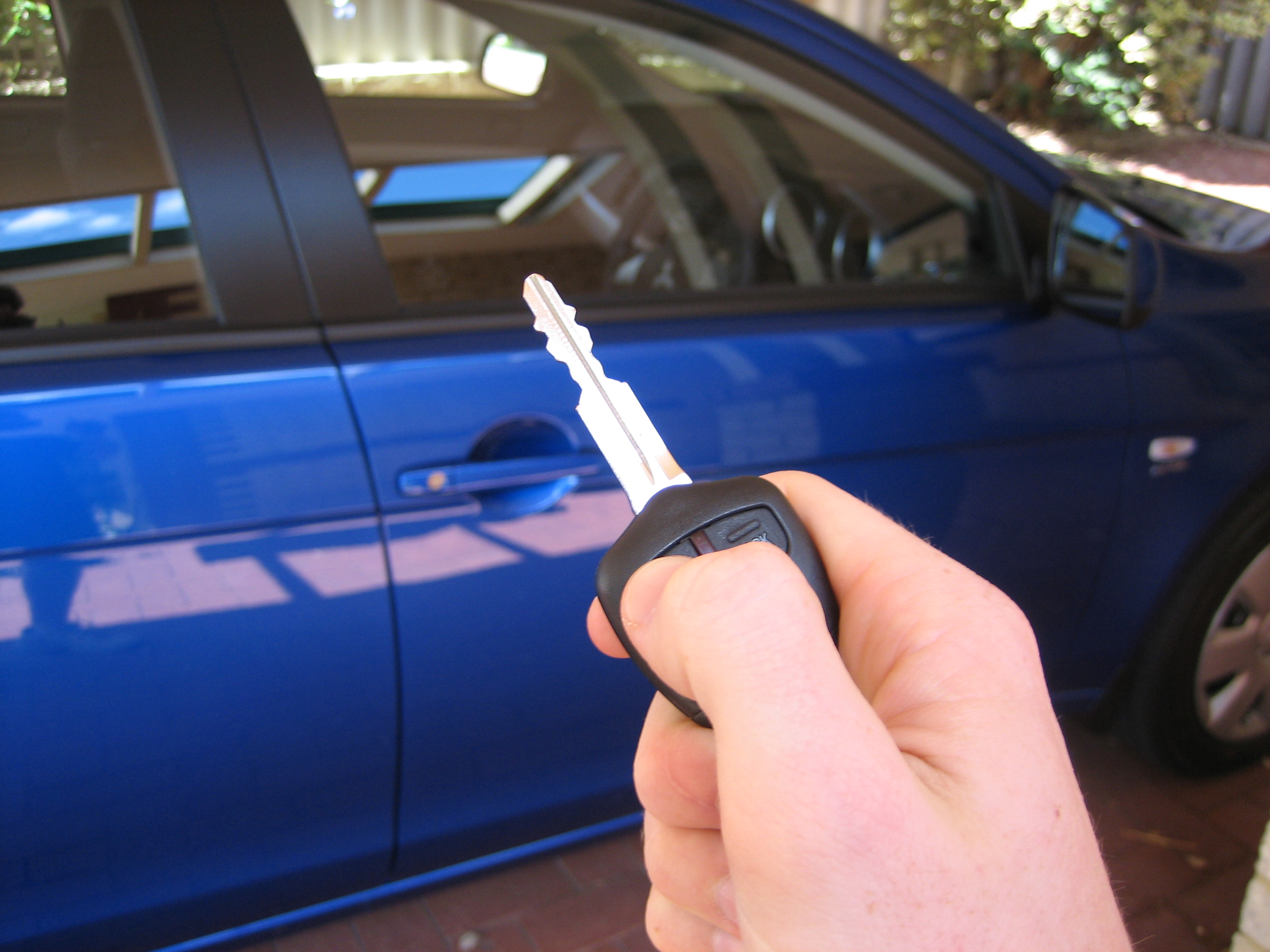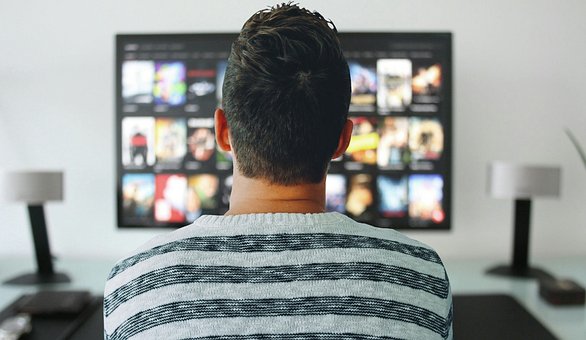Safe Travel: 7 Technologies to Protect You From COVid19
Agree that you would like to pick up a car rental under 25 and have an incredible road trip around the USA, Germany, UAE, or any other country you dream of. Yes, it’s a very attractive idea, but the COVID-19 pandemic has changed the way we travel. Never before in modern history has the risk of infection with the virus affected the entire world so dramatically. But there’s good news: new travel technologies have great prospects!
The travel industry has to adapt quickly to a new reality – with thermal imagers at airports and contactless screening. In this article, we offer to check new technologies in tourism – hopefully, they have good chance of bringing back the travels we miss…
Contactless Technologies
Contactless technologies allow you not to contact people and significantly reduce the time spent in public places. With the help of the NFC system, users can pay at points of payment by simply holding their watch or smartphone at a certain distance from the terminal. Contactless technologies are becoming especially relevant during the coronavirus pandemic. They take the usual things on a trip to a completely new level in terms of convenience and hygiene.
In order to complete the operation, be it self-registration or purchase in duty free, no direct contact with strangers is required. Also, the remote system allows you to order food, buy tickets to theaters and museums without leaving the hotel, making payments without touching a card, smartphone or other device to the terminal.
Non-contact technology saves time and money, ensures convenience and hygiene during operations and minimizes contact with strangers and surfaces that can carry the virus.
- Pre-Booked Safety
Never queuing at the airport again – who hasn’t dreamed of it? Moreover, it’s almost impossible to maintain a social distance in queues where everyone line up one after another and use common containers for things. It looks like the queues at the airports have come to an end, and smart technologies are already in a hurry to replace them.
Montreal International Airport has a service to book security check times in advance. This will avoid queues, and in the future, various screening systems may perform baggage screening. If so, the need for a centralized scanner through which baggage and hand luggage was driven earlier will disappear.
- Disinfection Robots

Another opportunity to use innovative technologies in the fight against coronavirus is robotic technology. Back in January 2020, the first COVID-19 patients in the USA were taken in a closed capsule and examined by a special robot.
In China, robots also work in hospitals, but more for disinfection. Now the country’s authorities are using a robot from the Danish company UVD Robots. It makes possible to destroy all microorganisms and viruses in hospitals through ultraviolet radiation. At the same time, it’s controlled remotely, but to start its operation, the device must independently draw up a hospital map and set digital points. If a person enters the room during the ultraviolet treatment, the robot stops this procedure. Clinically tested disinfection robots are increasingly appearing at major international airports, making travel safer.
- Self-locking cars

Immediately after arriving at your final destination, we all go on the next trip – by bus, train, or in a rental car. The car rental industry tries its best to make its service as safe and simple as possible. For example, they invest in the development of cars that unlock themselves, without keys passed from hand to hand.
Sixt car rental company has arranged so that the car can be ordered, picked up and returned without personal contact with managers and agents. You can find the keys in the locker after accessing the vehicle via application on the phone. Another car rental agency Zipcar is already using the special application for unlocking cars. As we acclimatize to the new reality, contactless technologies will only increase in travel.
- Smart diagnostic systems
Chinese healthcare facilities use artificial intelligence-based tomogram analysis systems to quickly distinguish common pneumonia from 2019-nCoV.
Public transport in Chinese cities is equipped with smart thermometers and masked face recognition systems. Chinese experts have already created a 3D model of the coronavirus disease focus. Unlike 2D tomography images, 3D models can be used for examination from all angles. This will help professionals better understand the development of the disease at all stages.
- Big data and artificial intelligence

The huge number of COVID-19 cases around the world suggests that only artificial intelligence systems can analyze such a volume of data. For example, IBM is using specialized medical AI systems to shape the formula for a possible coronavirus vaccine.
But how does this help reduce the risk of infection on a trip? Machine learning techniques can help detect threats like explosives and firearms in advanced airport body scans. This means you will spend less time on pre-departure security checks, which will help you avoid crowds. As you know, it’s the crowds of people that are the most frequent places for coronavirus infection.
- Hotel TV applications

When staying at a hotel, it’s very important to be as secure as possible. Even if it comes to watching TV. The fact is that the remote control is the thing that every guest touches, and it’s a potential carrier of infection.
Otrum has developed a virtual remote control for hotel TVs. It works as follows: find the QR code under the screen in the room, scan it with your smartphone and thus unlock the mobile application with the remote control. And when you leave the room, this app automatically turns off. This simple invention avoids tactile contact, thereby minimizing the risk of infection.
Summing it up, the fight against the epidemic allowed techno-developers to use all the best practices and prototypes. Further, we expect great development in this direction. The situation with the coronavirus has forced many companies to completely change their business processes. For information technologies this is a powerful leap into the future.
Alfred Williams, a distinguished business writer, navigates the corporate landscape with finesse. His articles offer invaluable insights into the dynamic world of business. Alfred's expertise shines, providing readers with a trustworthy guide through the complexities of modern commerce.
Recommended For You
Spread the love Artificial intelligence is no longer a concept on the fringe of productivity. You now have tools that
Spread the love You’re no longer just building apps that run in the cloud. You’re building systems that think, respond,
Spread the love The name Broderick Bevineau makes you think of new ideas and starting your own business. Bevineau has


